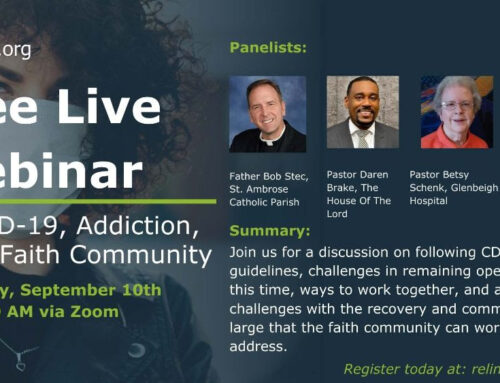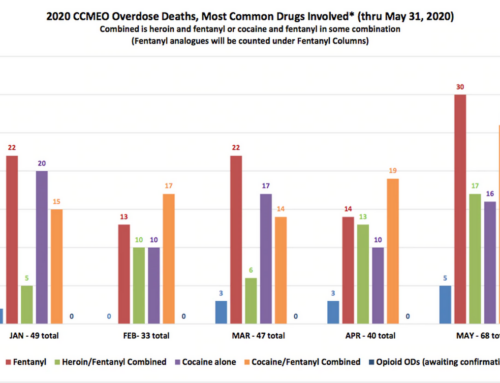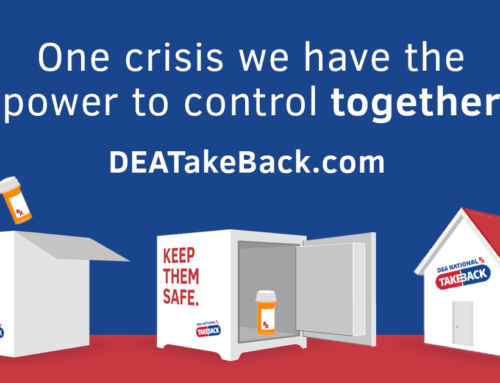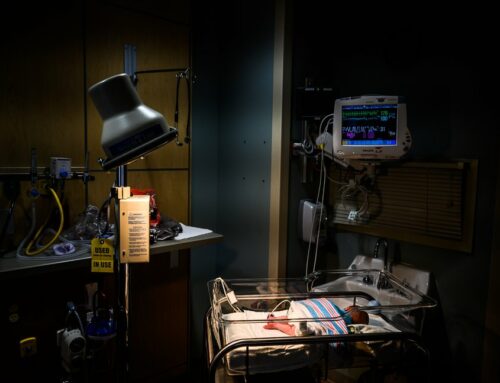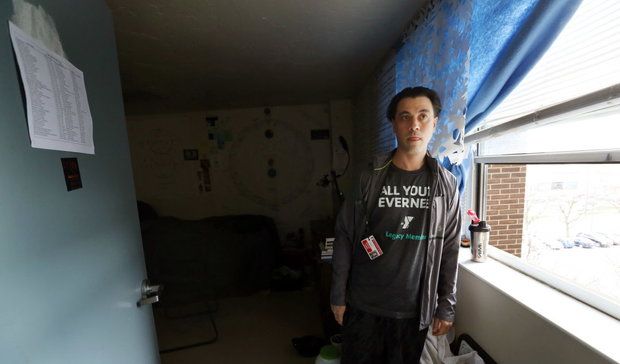 CLEVELAND, Ohio — In the past year, Dutch Pope, a 39-year-old recovering heroin addict, has watched opiate addiction claim the lives of three people he loved.
CLEVELAND, Ohio — In the past year, Dutch Pope, a 39-year-old recovering heroin addict, has watched opiate addiction claim the lives of three people he loved.
Two of his friends and fellow residents at Y-Haven, a recovery housing program for homeless men with addiction at the Carl B. Stokes human services building on Woodland Avenue, died of overdoses.
And in October, Pope’s 19-year-old daughter, who herself had struggled with a heroin addiction, killed herself.
“It was a pain I couldn’t describe,” Pope says of the loss of his daughter, Madeline.
To Pope, it was a near miracle that he didn’t relapse, one that he credits to the stability and community of Y-Haven, a program that’s been helping homeless addicts transition from treatment to permanent housing for 23 years.
“If I’d been out on the street I wouldn’t have been able to make it,” Pope says.
With 60 confirmed overdose deaths in February, the deadliest month ever for heroin and fentanyl-related overdose deaths in Cuyahoga County, the need for recovery housing continues to grow.
Cuyahoga County hits record number of opioid-related overdose deaths in February
February saw the highest number of confirmed deaths from heroin and fentanyl-related overdoses in Cuyahoga County.
And now, thanks to a nearly $200,000 grant from the Cleveland Foundation and support from the Cleveland Metropolitan Housing Authority, Y-Haven is growing too. The YMCA of Greater Cleveland supported program will soon add 80 beds for opiate addicts in recovery, including, for the first time, women.
“We know that treatment is critical, but creating that housing and safe space for people throughout their early days of recovery is so important, and Y-Haven has proven that as a best practice through their current program,” said Kara Copeland, program officer for the Cleveland Foundation.
Y-Haven’s goal is to prevent addicts who leave 30 or 60-day treatment programs from being forced to immediately return to unstable, unhealthy environments that can trigger a relapse.
“When treatment finishes, people often go right back to the places and people that got them into trouble in the first place,” says Ed Gemerchak, executive director of Y-Haven. “What recovery housing does is gives people some time to heal.”
Time is exactly what Pope says he needed. After bouncing around most of the treatment facilities in Northeast Ohio, he’s been at Y-Haven for more than a year and finally feels like he’s heading in the right direction.
Y-Haven’s help isn’t a magic wand though, Pope says. He came to the program once before and relapsed after leaving too quickly.
“I jumped right back into work too quick,” he says. “I went right back to the same friends, the same people. I just wasn’t ready.”
Pope has since realized that he can’t go back to being a chef because he associates it with using alcohol and drugs. He’s studying to become a licensed chemical dependency counselor instead.
Y-Haven currently serves 113 men living on two floors and has a staff of nine full-time counselors, as well as access to Care Alliance Health Center in the same building. It’s the city’s largest recovery housing program and has about a dozen people on a waiting list to get in.
Cuyahoga County, the city of Cleveland and the Alcohol, Drug Addiction and Mental Health Services (ADAMHS) Board of Cuyahoga County are pooling $1.5 million in funding to expand recovery housing in the region. Along with the Cleveland Foundation grant, the money will add a total of 119 recovery beds at Y-Haven, the Cleveland Treatment Center, Stella Maris and the Hitchcock Center for Women.
This regional expansion will still likely not be enough to meet the need though.
“There’s a shortage across the area,” Gemerchak says.
The Y-Haven expansion will house people on two more floors, currently being renovated by CMHA. The new grant will allow the program to hire a director, more counselors and resident assistants to staff the new floors.
The 80 new slots will be for:
- 40 men who have completed drug treatment, with a priority given to those who are currently homeless and face significant barriers including co-occurring mental health problems and/or criminal histories;
- 40 women, with a focus on those who have recently been released from prison or who are seeking diversion from prison.
It’s the first time Y-Haven will offer its services to women, who are the fastest growing demographic in overdose deaths nationwide.
“That’s a niche that no one else in the community is meeting,” Gemerchak says. “We’ve wanted to do this for a while and this is an opportunity to serve that high-need population.”
There’s no limit on the amount of time people can stay at Y-Haven.
“I expect for most people it’ll be around 12 months. But some people need more and some need less,” Gemerchak says.
The new floors are expected to open by July and Y-Haven will accept referrals from all the treatment facilities in the area.
“The sooner the better,” says Gemerchak. “We’re in a crisis. Two people are dying every day in our area. If we could do it tomorrow, we would. It’s extremely urgent.”
ORIGINAL ARTICLE: http://www.cleveland.com/healthfit/index.ssf/2017/04/ymca_to_add_80_beds_for_opiate.html#incart_m-rpt-1




